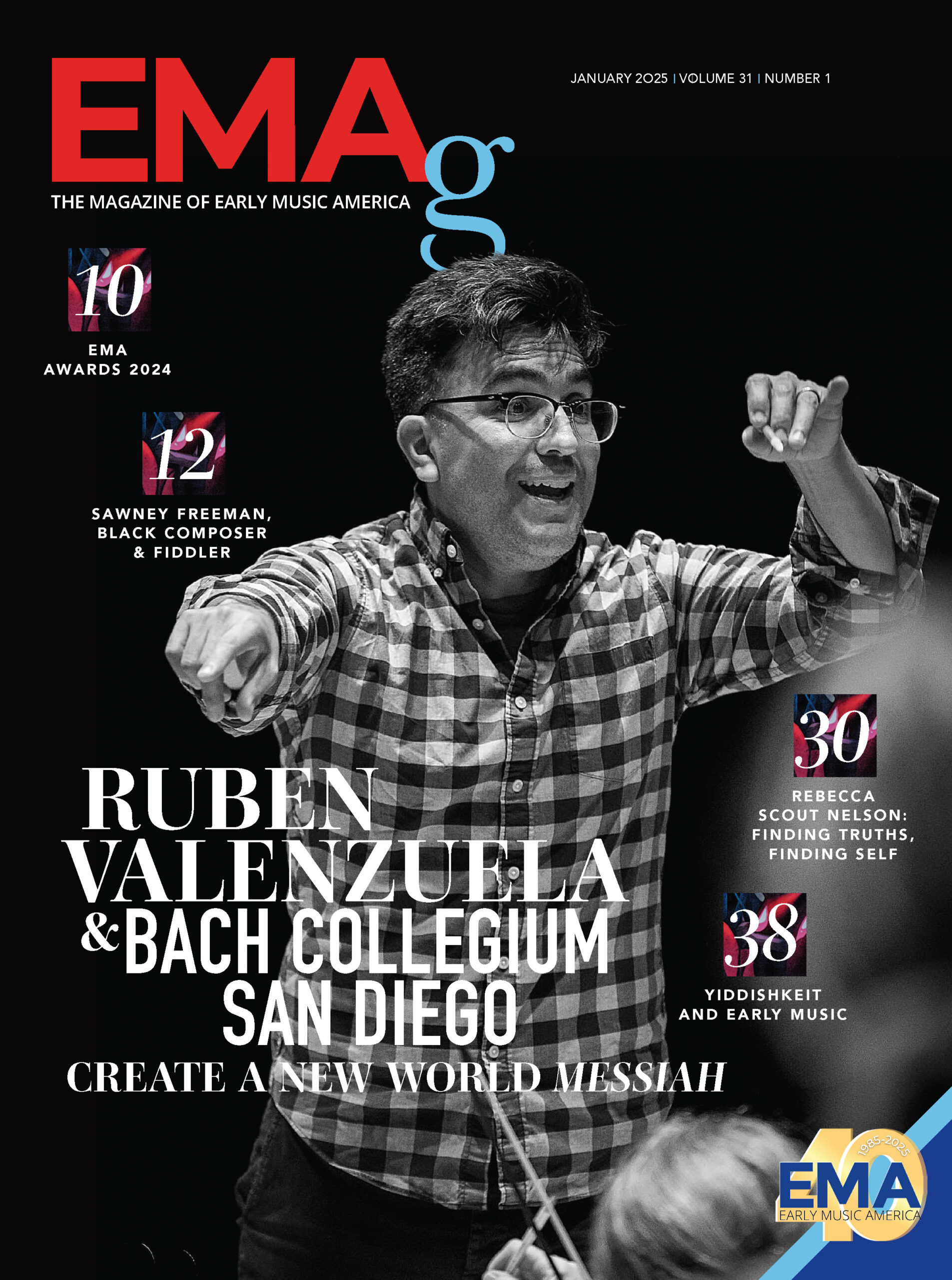
Included in the Full Issue
- El Mesias: A Messiah for a New World by Anne E. Johnson
- Early to Rise: A Mark on the Soul, from Mariachi to Lieder by Genevieve McGahey
- EMA Awards 2024, Recognizing Outstanding Achievement in Early Music
- Sawney Freeman: Black Composer & Fiddler by Diane Orson and Rebecca Cypess
- Finding Truths, Finding Self: Rebecca Scout Nelson in Profile by Jacob Jahiel
- Yiddishkeit and Early Music by Byron Schenkman
- From the Publications Director: Playing Politics with Art by Pierre Ruhe
- Guest Editorial: A Wish for the Future by Karin Cuellar Rendon, EMA Board President
- EMA Courant: News from Around the Early-Music Community by Paulina Francisco
- Canto: Singers as Community by Karen M. Cook with Laurie Stras
- Recording & Book Reviews
- EMAg Puzzle by Joshua Kosman
- Musings on Our Beginnings, EMA at 40 by Thomas Forrest Kelly
Current EMA members can read this and previous issues of EMAg at any time.
Please login or become a member today!
Features
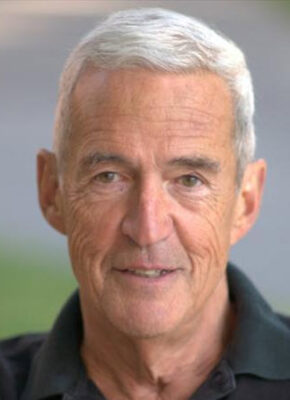
MUSINGS: On Scholars Who Write for the Public
How do we keep up with what’s going on? In our field, it’s the kind of writing that is variously called music journalism, criticism, public musicology, or haute vulgarisation. These terms all have in common that they’re written by experts to be read by non-experts.
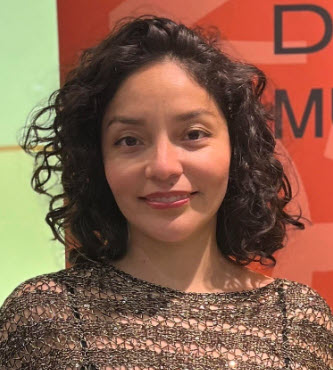
A Wish for the Future
This past summer I was honored to be elected board president of EMA. My wish for continuous expansion: our awareness of each other within the field, our scholarships and support for young talent, our reach and service to include Latin America, and the scope of our art to include historical traditions and practices from around the world.
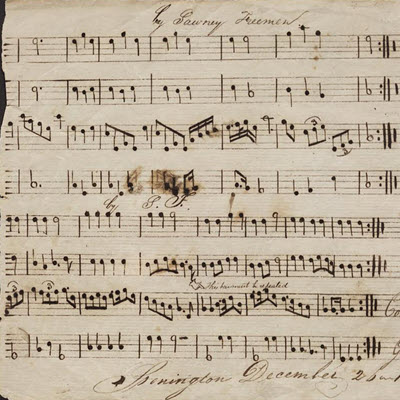
Sawney Freeman, Black Composer & Fiddler
He was born into slavery, described as a fiddler when he tried to escape, and was emancipated in his mid-20s. Sawney Freeman’s Musician’s Pocket Companion may be the earliest published music by a Black composer in the United States.
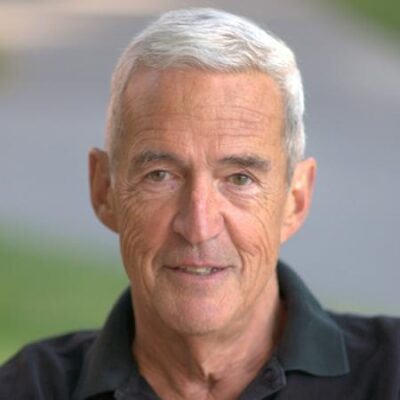
EMA at 40: Musings on Our Beginnings
At an early EMA board meeting, Thomas Forrest Kelly recalls ‘serious discussion of whether we wanted to be the American Dairy Council (lobbying association for the professional field), or the Rah-Rah Association of Enthusiasts (focused on amateurs). EMA, after 40 years, has still perhaps not quite figured that out, and creative discussions continue.’
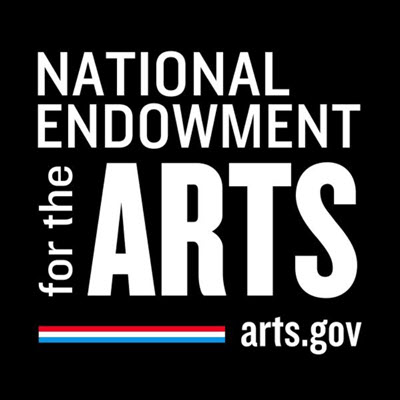
Playing Politics with Art
Political chaos impacts us all. How will we respond? When it comes to government arts support, the new administration in Washington has a clear agenda: to zero out funding for the National Endowment for the Arts, the National Endowment for the Humanities, and the Corporation for Public Broadcasting. We’re just days past the inauguration, and the returning president has again called government arts funding “a waste.” The argument over paying for the arts has long been a sideshow in the culture wars.
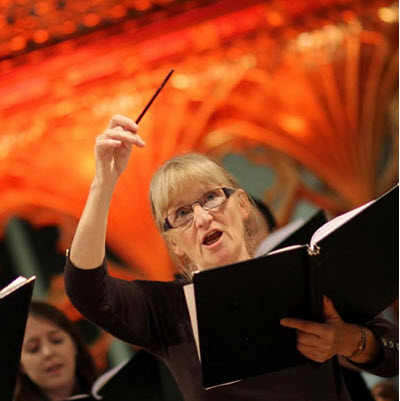
Canto: Singers as Community
Early music brings us together, since exploring long forgotten or ignored repertoire requires communities of knowledge and of specialized practice. The late soprano Deborah Roberts took this ideal to the highest level, connecting amateurs and professionals on both sides of the Atlantic.
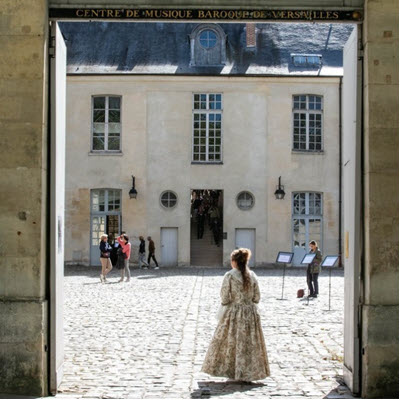
This Time, Versailles Starts the Revolution
Dedicated to research toward performances of French Baroque repertoire, Le Centre de Musique Baroque de Versailles encourages American musicians and scholars to travel to Paris for research or to hone their skills. Its resources are likely unmatched in the early-music world.

